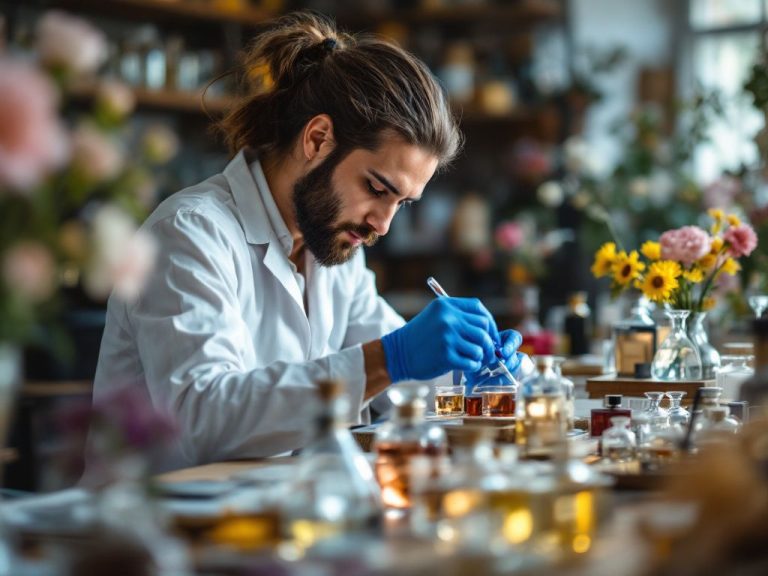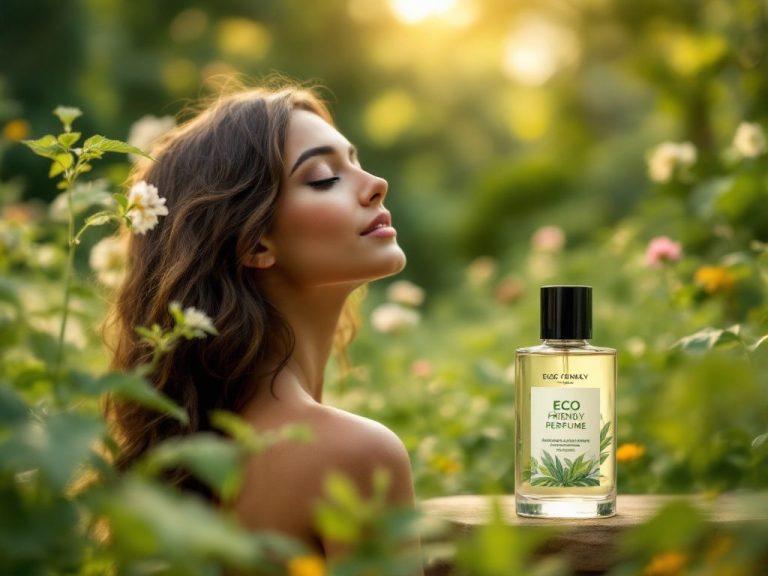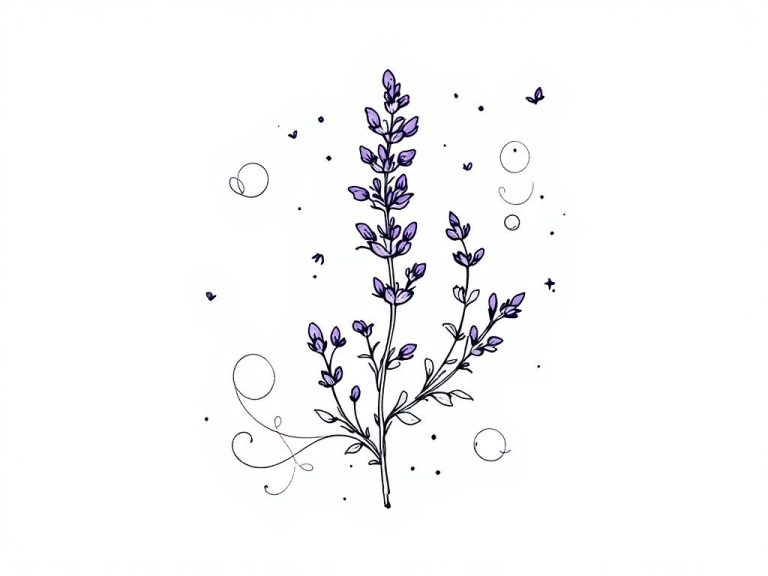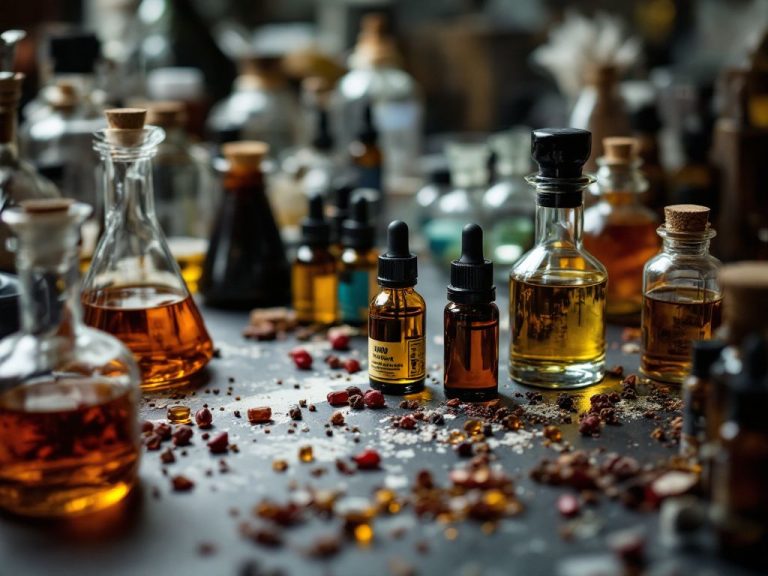
Understanding Fragrance Molecule Analysis
Perfume chemistry is a meticulous dance of chemical interactions, focusing on understanding how various molecules interact to produce pleasant smells and ensuring they last. Fragrance molecule analysis is a crucial aspect of perfume chemistry, involving the use of techniques such as gas chromatography, mass spectrometry, infrared spectroscopy, and high-performance liquid chromatography to identify and quantify the individual components of a fragrance.









